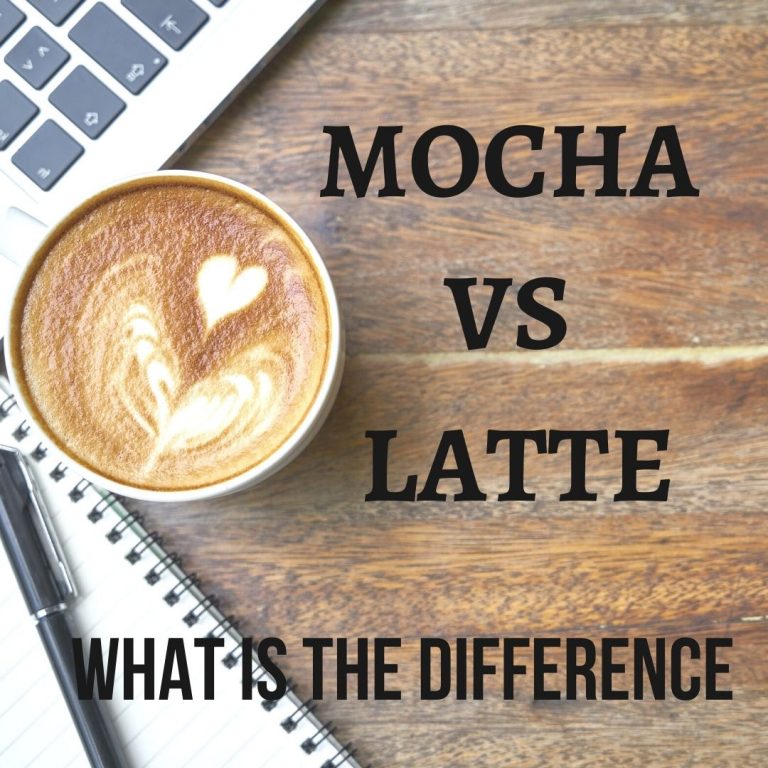How Long Does Broccoli Last
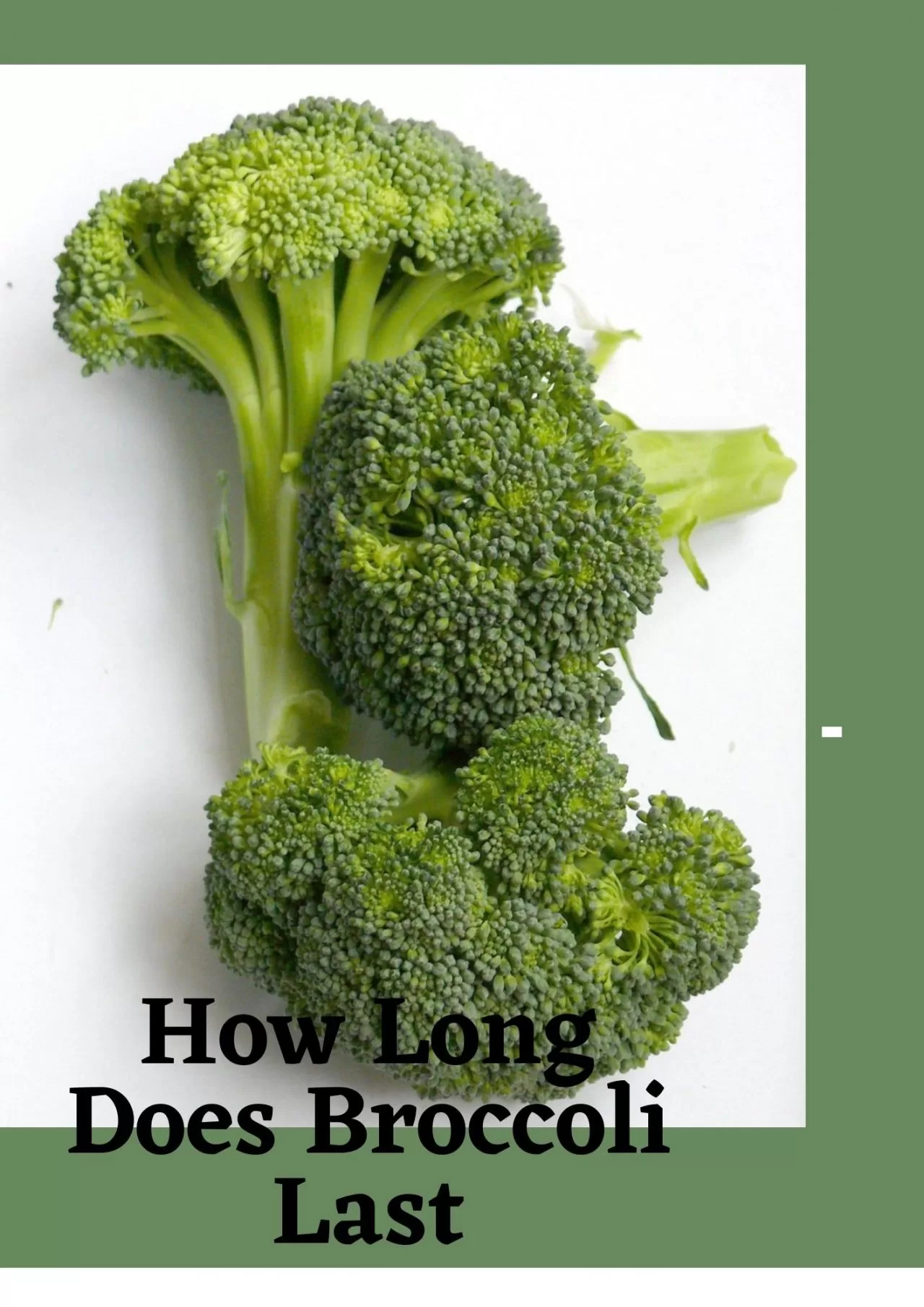
Have you ever asked the question, “How long does broccoli last?” Like any other fresh vegetable, broccoli will not last forever. The question now is, how long can you keep it before it goes bad?
The answer to this question is important if you want to eat fresh and nutritious broccoli. So, read on to learn more!
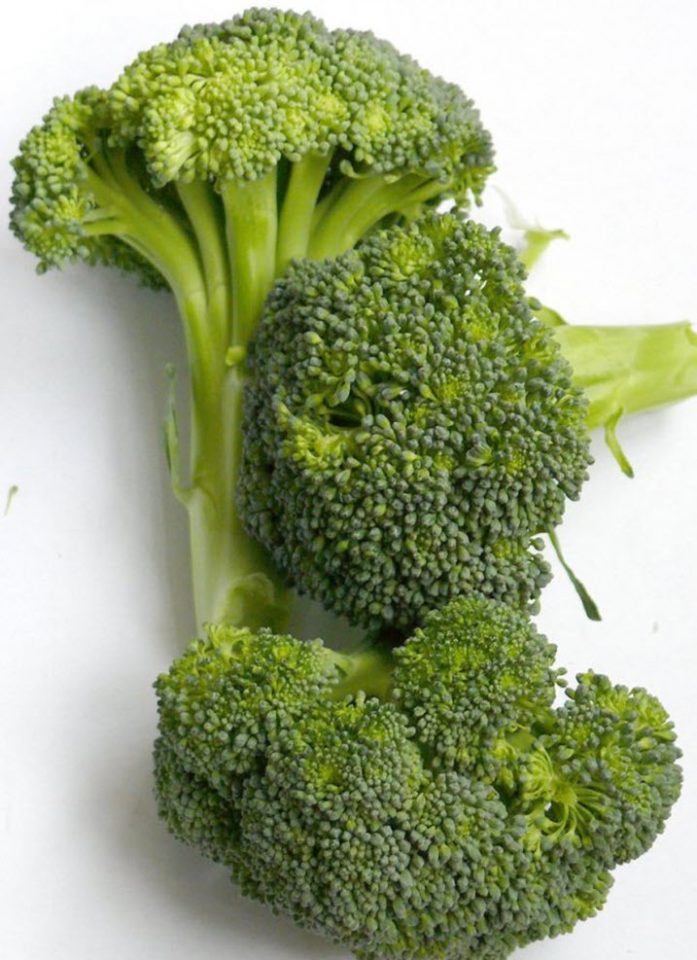
How long does broccoli last?
There’s no straightforward answer to this question. The answer would depend on various factors. For example, it depends on when the broccoli was harvested, its storage conditions, and the current state when you bought it.
Broccoli Shelf Life:
- Fresh whole broccoli can last 2-3 days in your pantry, 7-10 days in your fridge, and up to one year in your freezer.
- Freshly cut broccoli can only last less than a day in your pantry. It can last 3-5 days in your fridge and up to one year in the freezer.
- Cooked broccoli is not safe to store in a pantry. However, it can still last 2-3 days in your fridge. You can store cooked broccoli in a freezer for up to one year.
What affects the shelf life of broccoli?
Like what was mentioned earlier, there are a few factors that could lengthen or shorten the lifespan of your broccoli. Knowing these factors will help you know the best way to keep your broccoli safe and fresh.
- Cut or whole broccoli – whole broccoli lasts longer compared to broccoli that you have already cut. Once you have cut the broccoli into florets and away from its stem, it degenerates quicker.
- Temperature – as soon as the broccoli is harvested, it loses internal moisture as time passes by. Moisture keeps the broccoli fresh. The higher the temperature, the faster the moisture of broccoli evaporates. Ideally, broccoli should be stored at a temperature of 40 degrees and 70 degrees F.
- Cooked or uncooked – cooked broccoli can easily spoil. It has a shorter shelf-life compared to uncooked broccoli. You can freeze cooked broccoli as well.
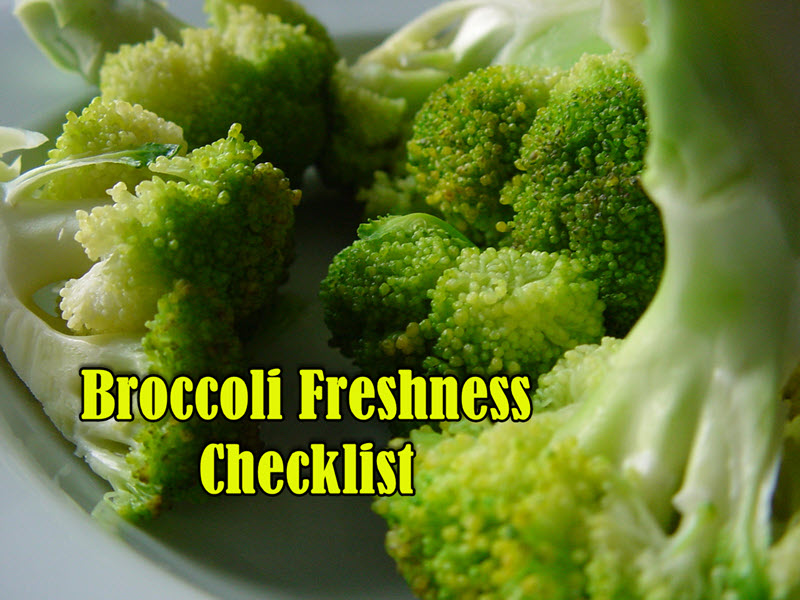
How to know the freshness of broccoli?
Broccoli is among the most nutritious vegetables. However, as nutritious broccoli is, like any other vegetable, it won’t last forever. The longer it is stored, the more it has lost its nutrients. That’s why it is important you consume broccoli in its freshest state.
Broccoli Freshness Checklist:
- Color – fresh broccoli has a deep green color. As time passes by, the green color slowly turns yellow. So, you can check for freshness by checking how greenish or yellowish your broccoli is. Please note that if you notice that your broccoli’s florets start to become yellow, it doesn’t automatically mean that it is already bad for eating. However, the yellow broccoli portion of your broccoli can taste bitter. You can simply remove the yellow part of your broccoli and keep the fresh parts before cooking.
- Stem – the stem or stalk of the broccoli is green and firm. The firmer and greener the stalk, the fresher it is.
- Mold – when you expose broccoli out in the open for too long, it will attract mold. Even if you put it inside the refrigerator and the temperature isn’t properly set, it will still get moldy. Sometimes, molds look black or grey. If you see mold spots, throw them away.
- Smell – fresh broccoli’s smell may range from odorless to earthy odor. However, when it starts to rot, it will give off a strong and unpleasant smell like that of a rotten egg.
- Texture – fresh broccoli feels stiff or firm to touch. However, it becomes flabby and flimsy as it loses its freshness. the broccoli head will eventually become pale and slimy. When this happens, it’s best not to consume that broccoli anymore.
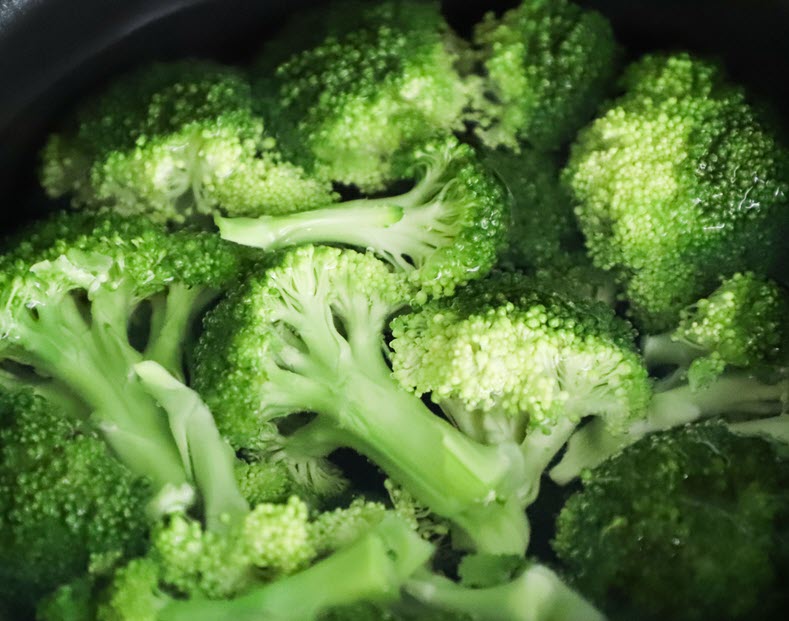
How to properly store broccoli
To ensure your broccoli stays fresh for a longer period of time, there are a few things you can do. Here are some of them:
Preserving Broccoli to stay fresh
If keeping in the pantry
While it is internal moisture that keeps broccoli fresh, external moisture can make it rot faster. The reason is that excess moisture can serve as a breeding ground for bacteria that can spoil your broccoli. Thus, when you store your broccoli, Don’t wash it yet. Wait until you are about to cook the broccoli.
After 24-36 hours, your broccoli may look limply. You can put your broccoli’s stalk in a container with water. This should then rehydrate the broccoli for another day.
It is best as well not to store your broccoli with other fruits such as pears, apples, and bananas. Fruits contain ethylene, which can hasten the rotting speed of your broccoli.
If keeping in the refrigerator
A fridge is a great place where you can control the temperature. Because of the cool atmosphere inside the fridge, your broccoli can last longer.
However, this doesn’t mean that you can simply put your broccoli inside. You can still do something to further improve your broccoli’s lifespan.
For example, if you’re going to put broccoli in a plastic bag, you let the broccoli “breathe.” You can do this by poking a few holes in the plastic bag near the florets. This way, you prevent condensation from happening, which can produce moisture.
Moreover, you can also submerge your broccoli’s stalks in a container of water. This will then further improve your broccoli’s lifespan.
If you’re going to store cooked broccoli in the fridge, make sure you put it inside an airtight container or bowl. You can also cover the bowl with self-adhesive foil or aluminum.
If keeping in a freezer
Some people have asked the question, “Can you freeze broccoli?” The answer is yes, you can freeze broccoli to make it last longer. However, there are a few things you need to remember if you’re storing broccoli in the freezer.
Don’t simply put whole broccoli inside your freezer. Aside from frozen broccoli can occupy too much space, it can be difficult to thaw later.
The trick is for you to cut broccoli florets from the stalk. You can then transfer them to freezer bags, zip lock bags, plastic bags, or airtight containers. You can also individually wrap each floret with a cookie sheet if you want to prevent them from sticking to each other.
If you know you’re just going to use a smaller portion of your broccoli, you can store raw broccoli separately by using baby food trays, ice cube trays, or cookie molders.
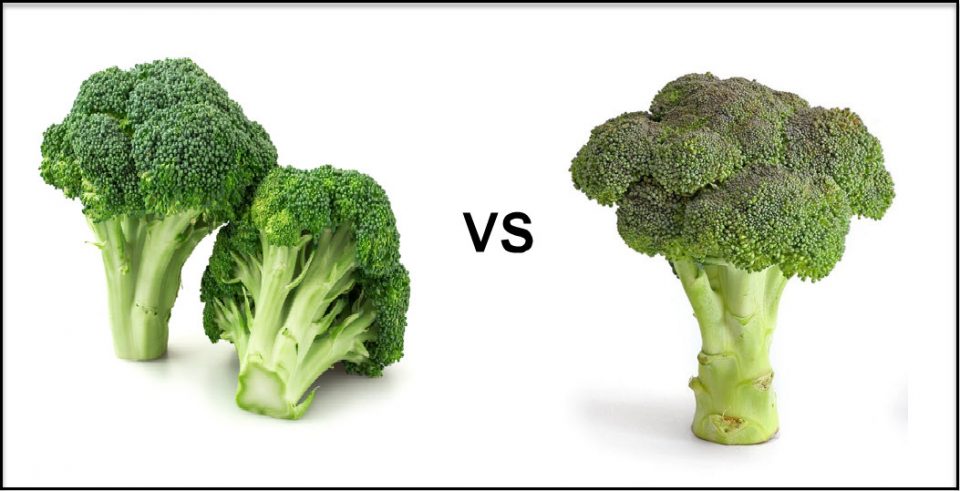
What happens when you eat a bad broccoli
Thankfully, you can easily tell whether broccoli is fit for eating or not. By looking at, smelling, and touching the broccoli, you can easily know its level of freshness.
However, if you eat bad or rotten broccoli, you may suffer from food poisoning. Signs and symptoms may be just mild. If you have eaten a huge amount of bad broccoli, you may experience severe food poisoning manifestations.
Food poisoning may include vomiting, abdominal pain and cramps, diarrhea, and dehydration. Worst case scenario would be death if you experience severe symptoms.
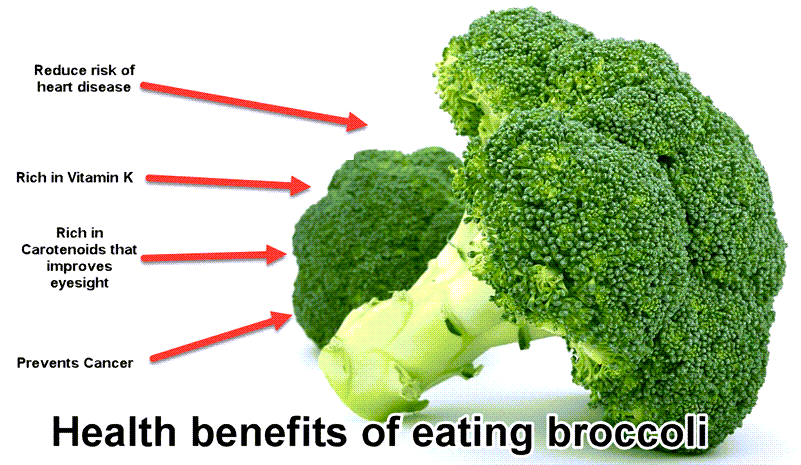
Health benefits of eating broccoli
The fresher the broccoli, the more nutrients it offers. So, what are the health benefits you’ll get when eating broccoli? Here are some of them:
- Broccoli is a cruciferous vegetable, which is proven to reduce the risk of heart diseases by decreasing the amount of bad cholesterol in the body.
- Broccoli is rich in vitamin K, which is important in blood clotting and wound healing.
- Some studies show that Vitamin K can help in keeping the bones healthy and reducing fractures in people who have osteoporosis.
- Carotenoids improve eyesight. Broccoli has carotenoids and can reduce the risk of developing macular degeneration, cataract, and other eye disorders brought about by aging.
- While there’s no single food that can completely prevent cancer, broccoli is still known to be a great addition to your diet if you wish to decrease your risk of developing cancer.

Should you cook broccoli or eat it raw?
Research shows that fresh and green vegetable offer the highest level of nutrients possible. Thus, it is generally agreed upon that eating raw broccoli allows you to receive the maximum amount of nutrients. Of course, be sure to clean broccoli thoroughly to make sure it is safe to eat.
It is true eating raw vegetables like broccoli may not be appealing to a lot of people. So, you may boil or steam your broccoli. According to food scientists, boiling and steaming can still preserve the antioxidant property of broccoli.
Final words
Broccoli is an amazing vegetable that you should eat on a regular basis. Thankfully, you can store broccoli for a longer period of time provided that the storage condition is favorable.
Be sure to review other details from this blog to learn more about how you should store broccoli and enjoy its many health benefits.


